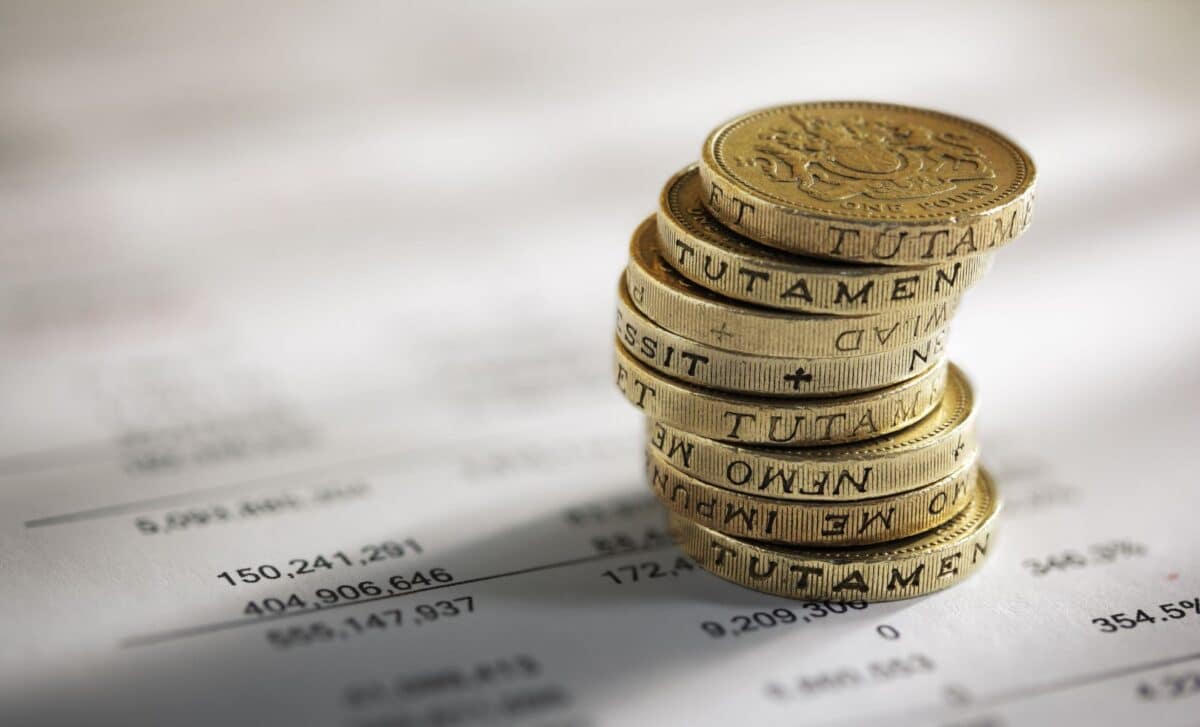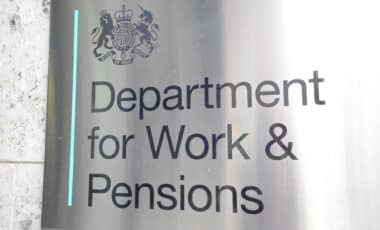People receiving certain benefits from the Department for Work and Pensions (DWP) are set to receive early payments this May due to upcoming bank holidays. According to the DWP, payments that usually fall on a bank holiday will instead be paid on the preceding working day, potentially resulting in surprise early deposits for some claimants.
This temporary adjustment affects 11 key benefits, including Universal Credit, the state pension, Child Benefit, and others. Understanding the payment schedule changes is vital for beneficiaries to manage their finances effectively during the holiday period.
Bank Holidays Prompt Earlier Payments for Various DWP Benefits
Benefit payments from the DWP typically follow a regular schedule, with payments made directly into claimants’ bank, building society, or credit union accounts. However, when payment dates coincide with weekends or bank holidays, the DWP policy is to make payments on the last working day before the scheduled date.
This May, because of the bank holidays, people due to receive benefits on Monday, 26 May, will instead receive payments on Friday, 23 May.
This affects 11 benefits, including Universal Credit—which is replacing six legacy benefits—as well as the basic state pension, Pension Credit, Child Benefit, Disability Living Allowance (DLA), Personal Independence Payment (PIP), Attendance Allowance, Carer’s Allowance, Employment Support Allowance (ESA), Income Support, and Jobseeker’s Allowance.
The DWP highlights that the state pension is normally paid every four weeks, with the exact day linked to the last two digits of the recipient’s National Insurance number.
Benefit payments follow a similar process, requiring claimants to provide their banking details at the time of application. Those unable to manage a bank account are advised to contact their benefit office or the Universal Credit helpline for alternative arrangements.
Repaying Overpaid Benefits and How to Handle Payments
Claimants who find themselves receiving payments earlier than expected may have concerns about managing their funds or the potential need to repay overpayments.
The DWP advises that if a person receives benefits or allowances they no longer require, they can repay the amount by writing to the department that made the payment. The letter should include a cheque, the National Insurance number, and details of the payment such as date and amount.
It is important to note that Child Benefit can only be repaid if the claimant has been overpaid. The DWP underscores that payment dates may shift when falling on weekends or bank holidays, but Child Benefit payments may follow a different process.
For anyone encountering issues with managing payments or bank accounts, the DWP encourages contacting the relevant office or helpline to explore options. These measures aim to ensure beneficiaries continue to receive their payments smoothly despite adjustments in the schedule caused by bank holidays.









